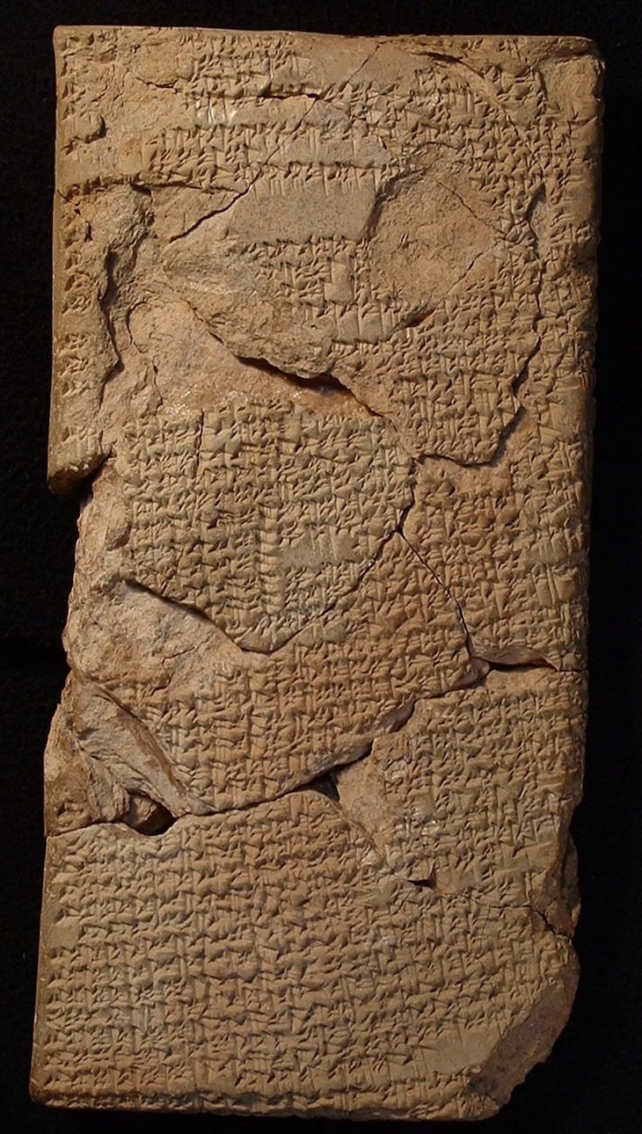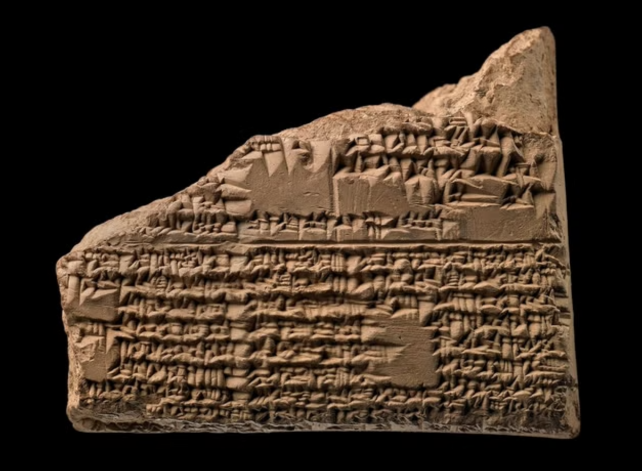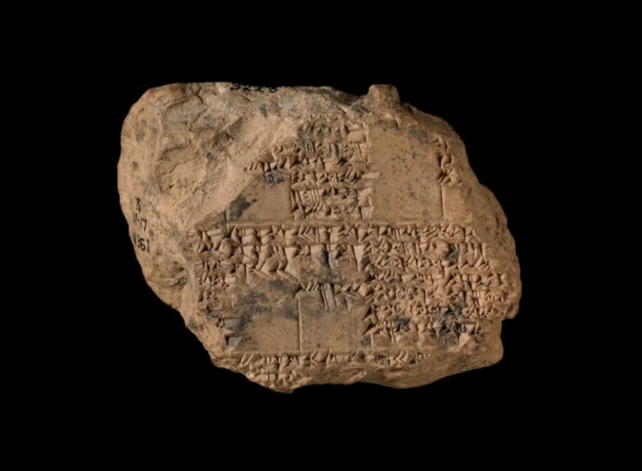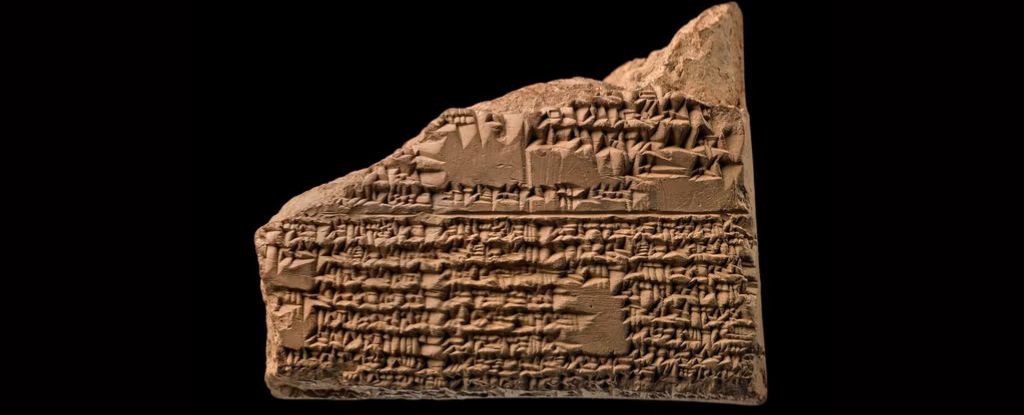Products You May Like
When the Moon fully slips into Earth’s shadow, a king shall die.
So warns an ominous prediction from Old Babylonia, inscribed across several ancient clay tablets.
For over a century now, these precious astrological artifacts have been housed at the British Museum, but only recently did archaeologists Andrew George and Junko Taniguchi finish translating them.
In total, the duo discovered 61 omens written across four tablets, which were probably inscribed in the ancient city of Sippar in what is now Iraq in the 17th and 18th centuries BCE.
The long-lost divinatory list represents the oldest-known compilation of lunar eclipse omens from Babylonia – an ancient culture in Mesopotamia famed for its astrological beliefs.

Some four thousand years ago, Babylonian astronomers kept careful track of the Moon and planets with the belief these features of the night sky were controlled by the gods and their movements could foretell the future.
“The observation of celestial portents was a serious business for the body politic,” explain George and Taniguchi.
“In the later periods there is ample evidence to show that astrological observation was part of an elaborate method of protecting the king and regulating his behavior in conformity with the wishes of the gods.”
The king’s advisors were responsible for watching the night sky. If predictions for the head of state were bad, like the omen translated above, then an animal would have to be sacrificed to determine the extent of the threat. If the danger persisted, rituals would be needed to banish any evil spirits.

The recently translated omens speak to the sheer complexity of this organized ‘warning’ system. They also reveal how seriously the king’s advisors took their prophetic roles.
According to the Old Babylonian tablets, an eclipse in the morning watch, “signifies the end of a dynasty.” Whereas an eclipse in the evening watch “signifies pestilence.”
The clay inscriptions even lay out an elaborate method to organize lunar eclipse omens by the time of night, the day and the month, the movement of Earth’s shadow, and the duration of the eclipse itself.

Such prophecies, which include warnings such as “a king’s brother will seize the throne in a revolt”, “rain will be cut off from the sky”, and “constant devastation by the (storm) god”, probably came from ancient oral lore.
Some are so specific they can be translated as “a dog will go mad and nobody whom it bites, whether male or female, will survive”.
The only other eclipse omens discovered from Old Babylonia are a collection of 32 tablets that were also found near the Euphrates river. But these do not specify between lunar and solar eclipses.
The recent translations are a rare glimpse into one of the oldest organized systems of astrology found anywhere in the world.
The study was published in the Journal of Cuneiform Studies.
